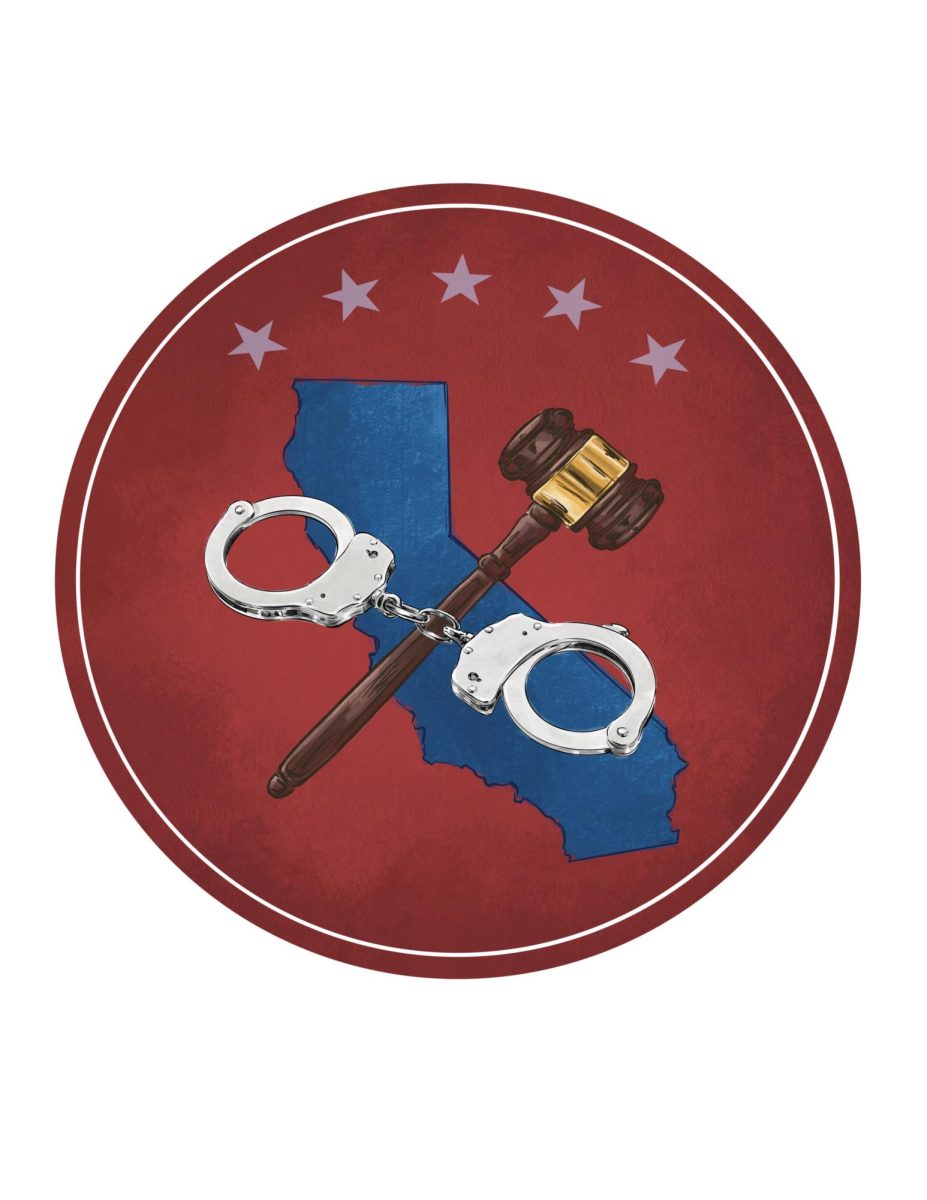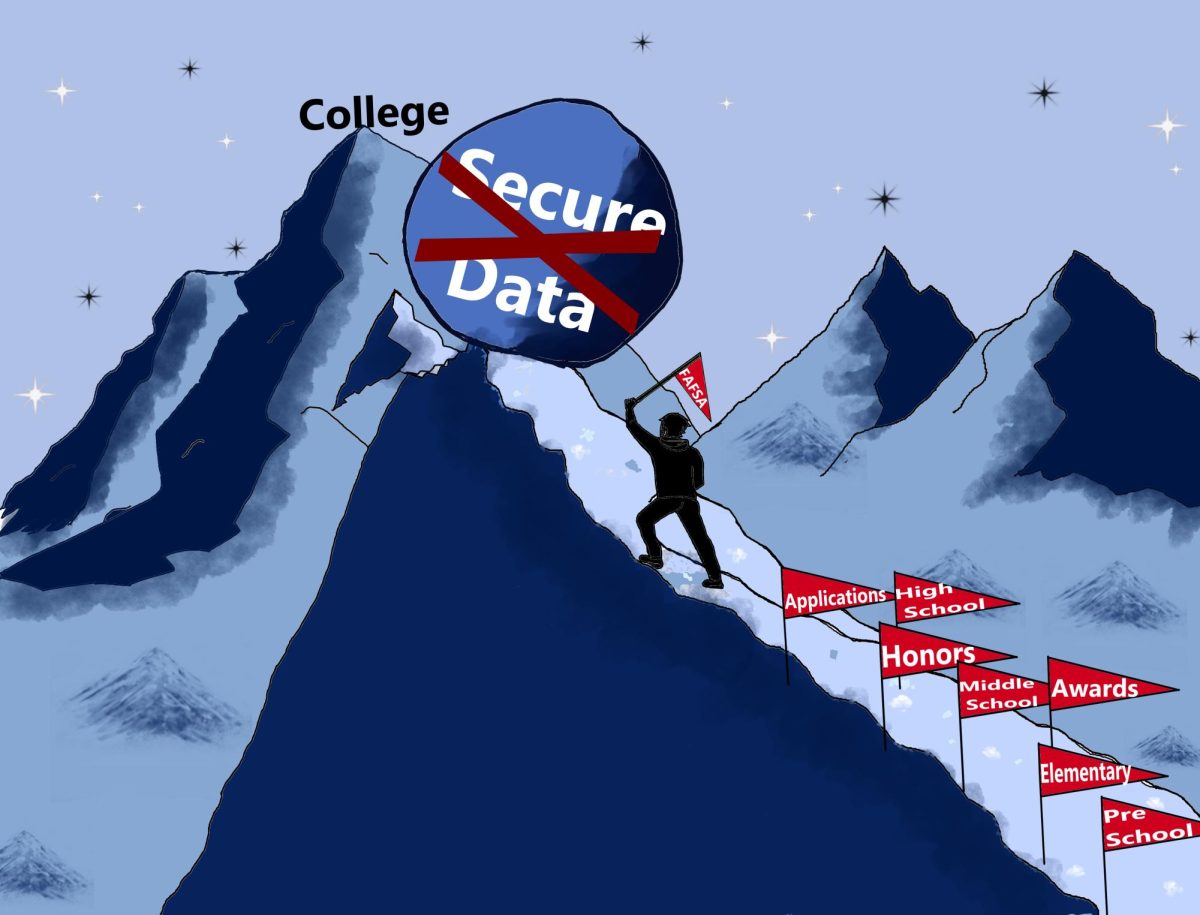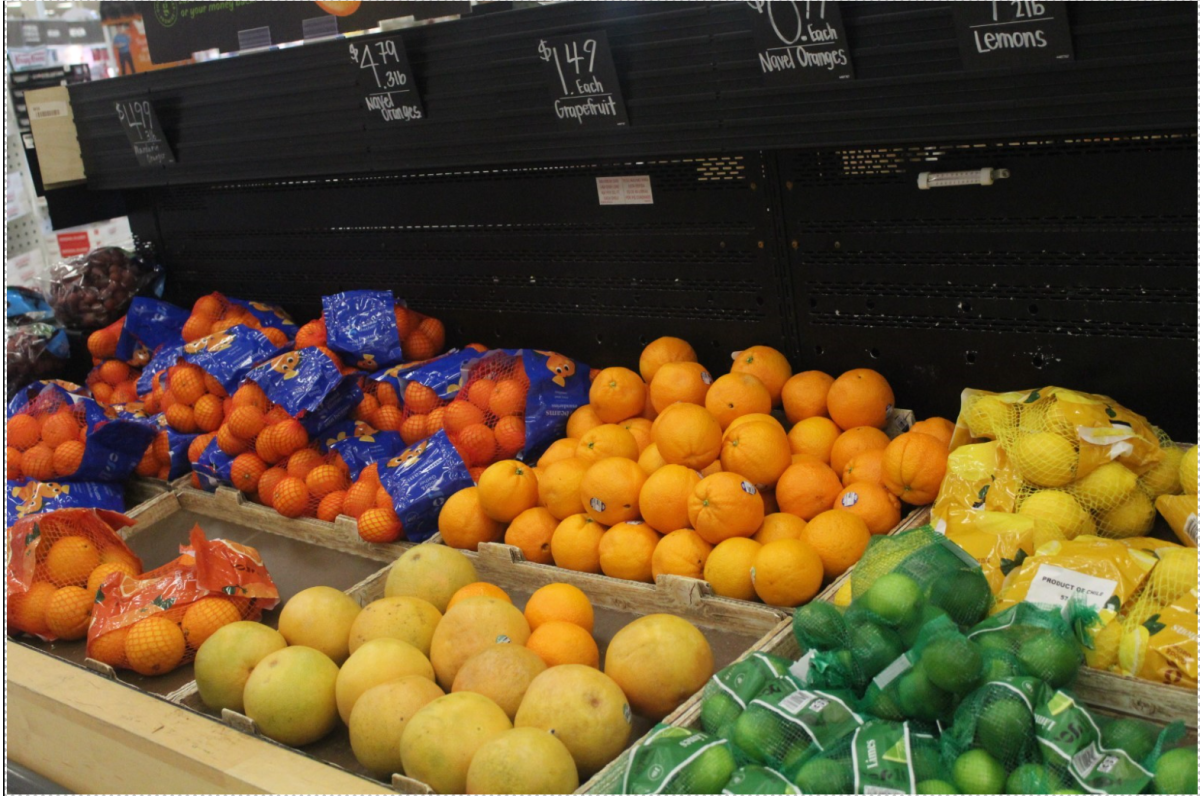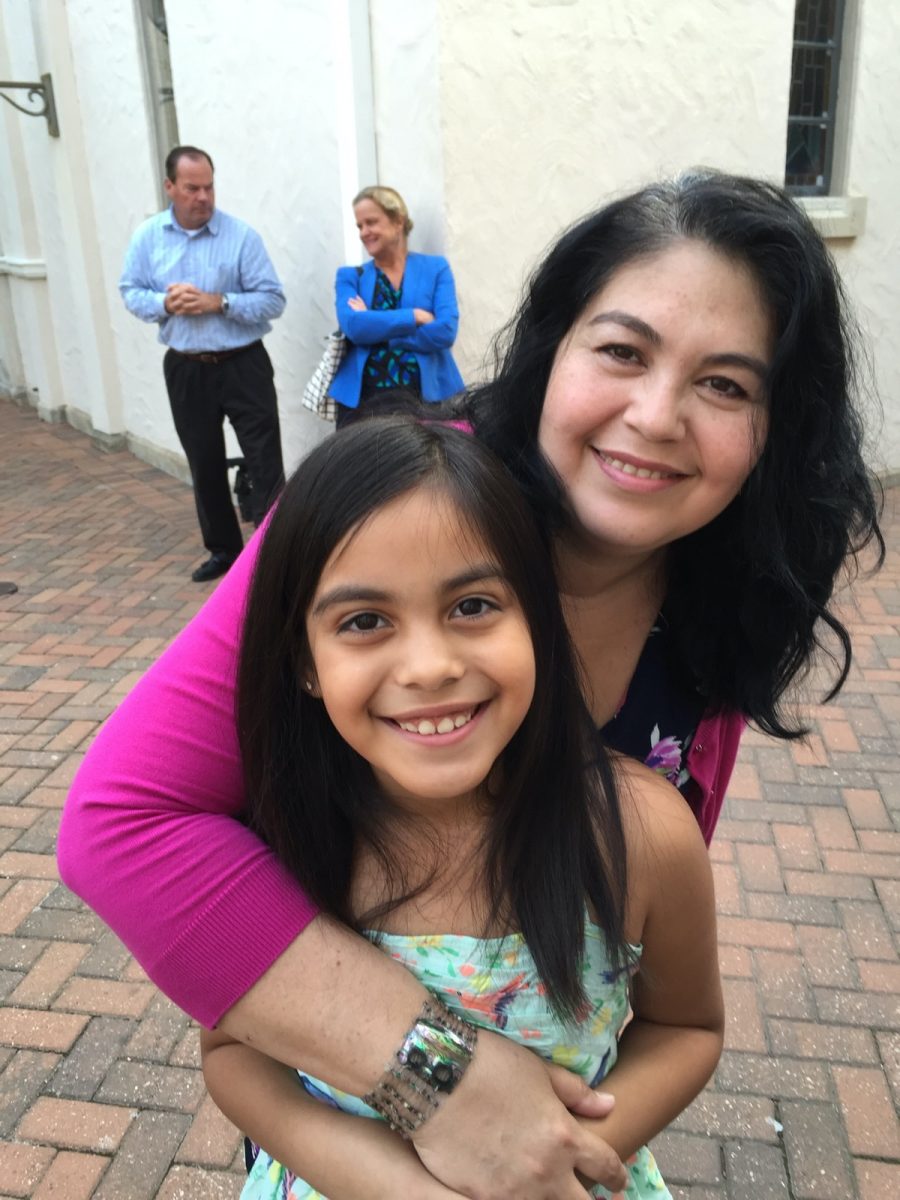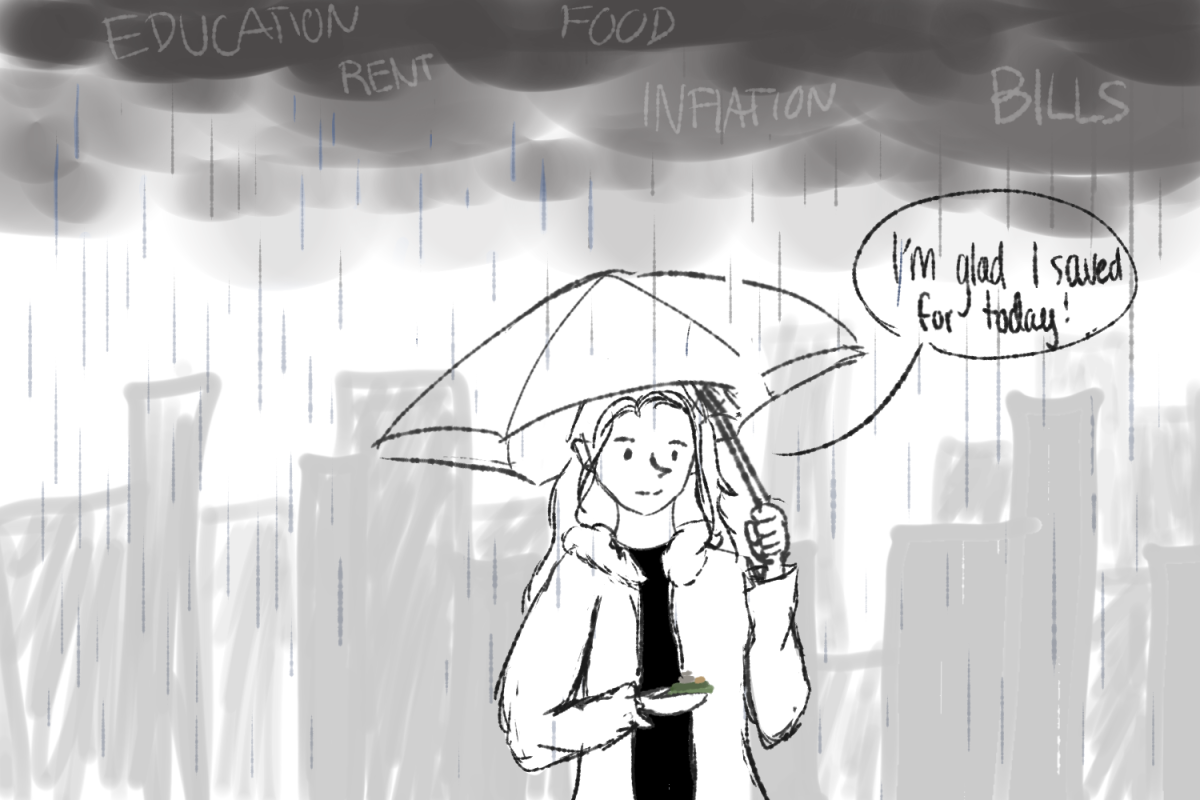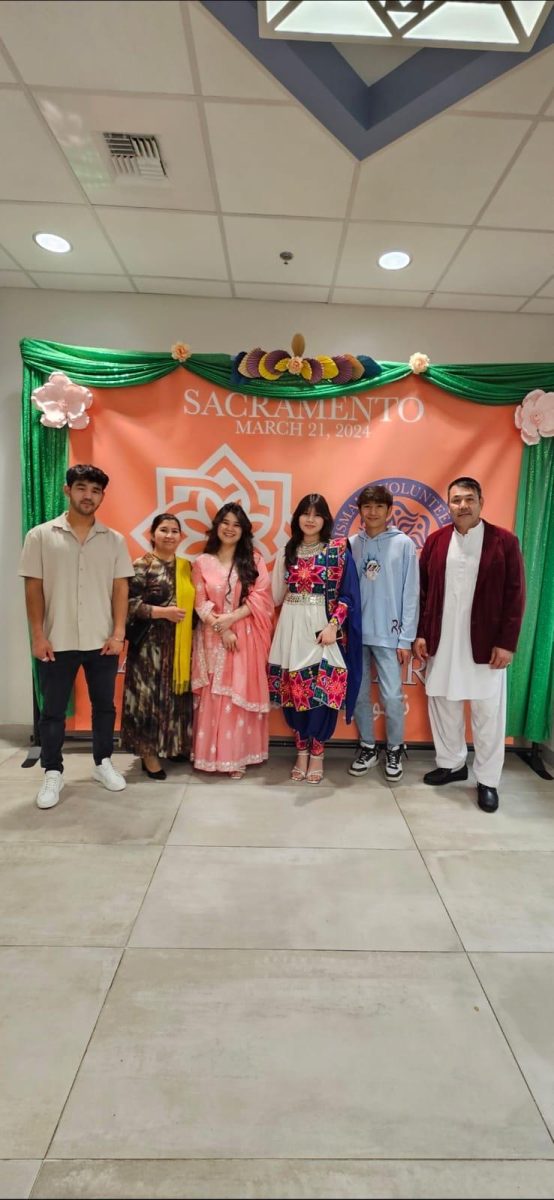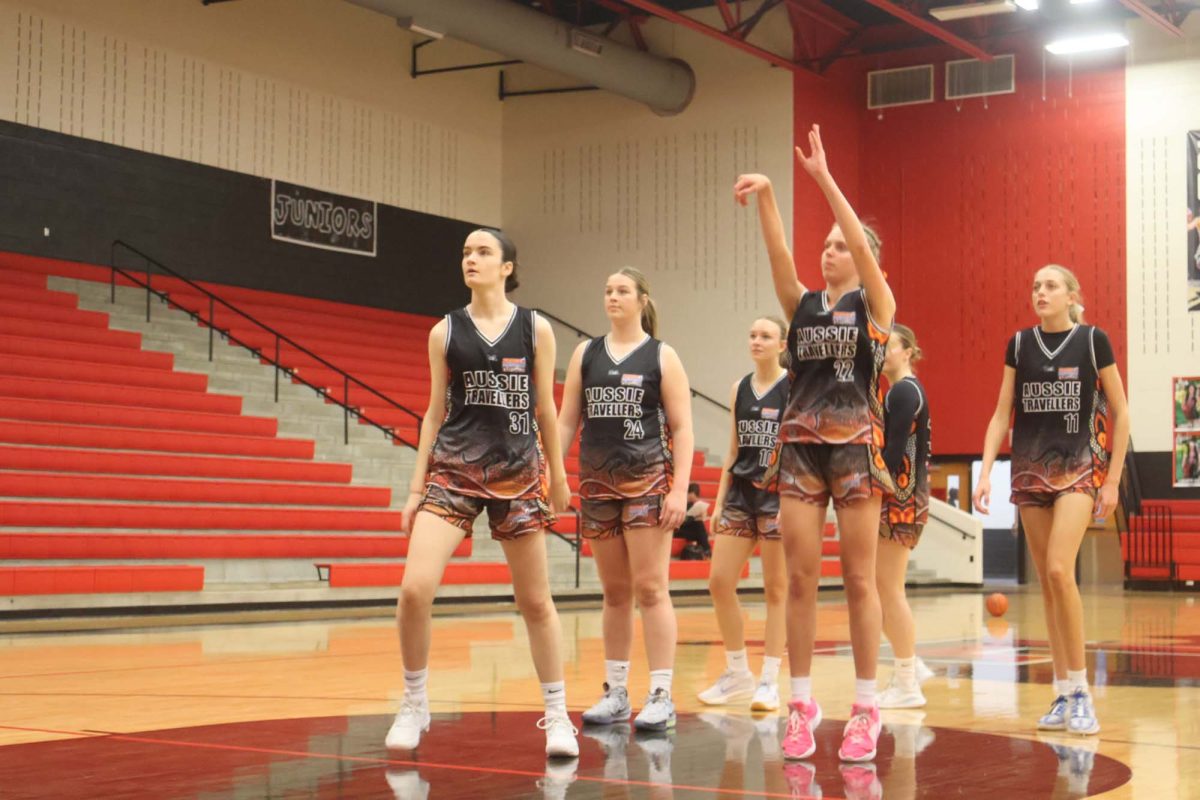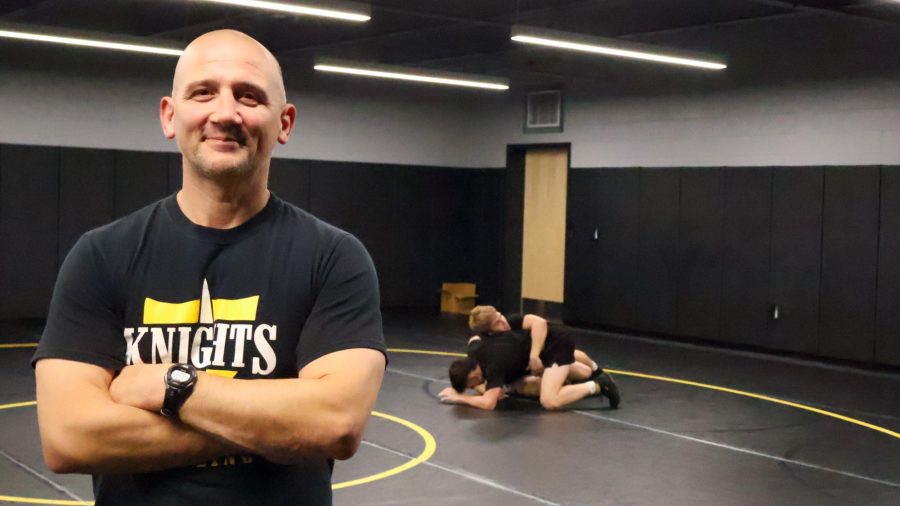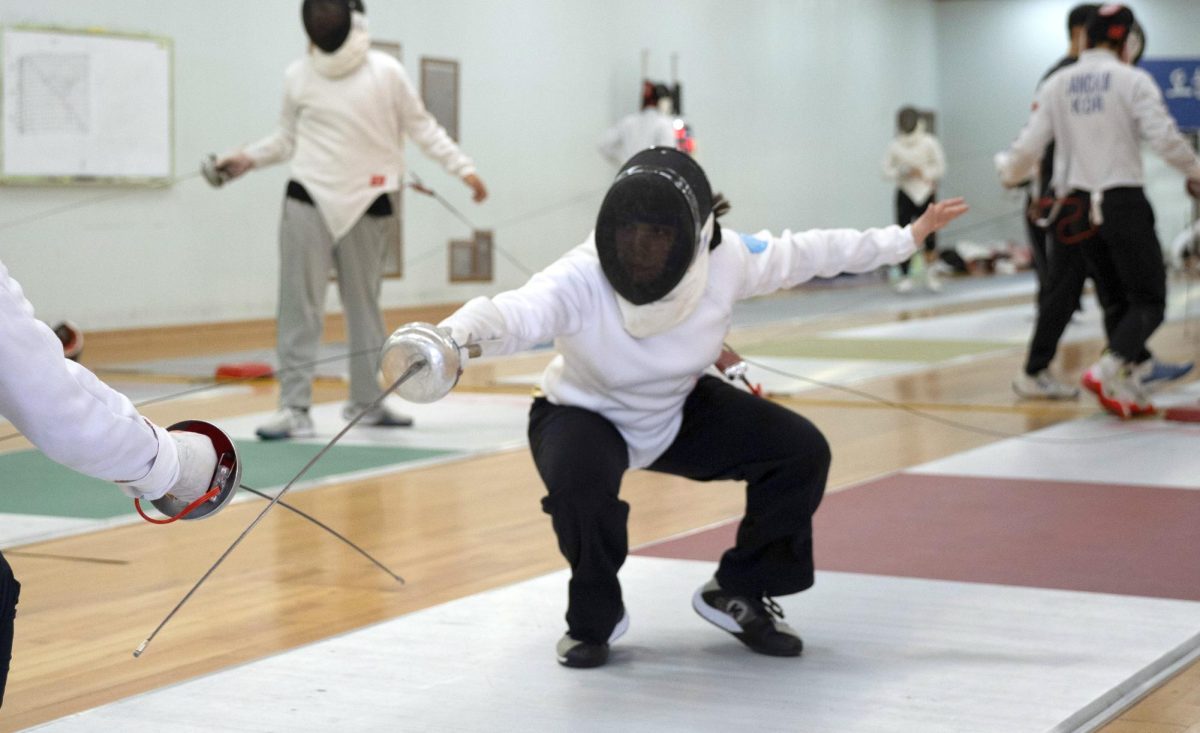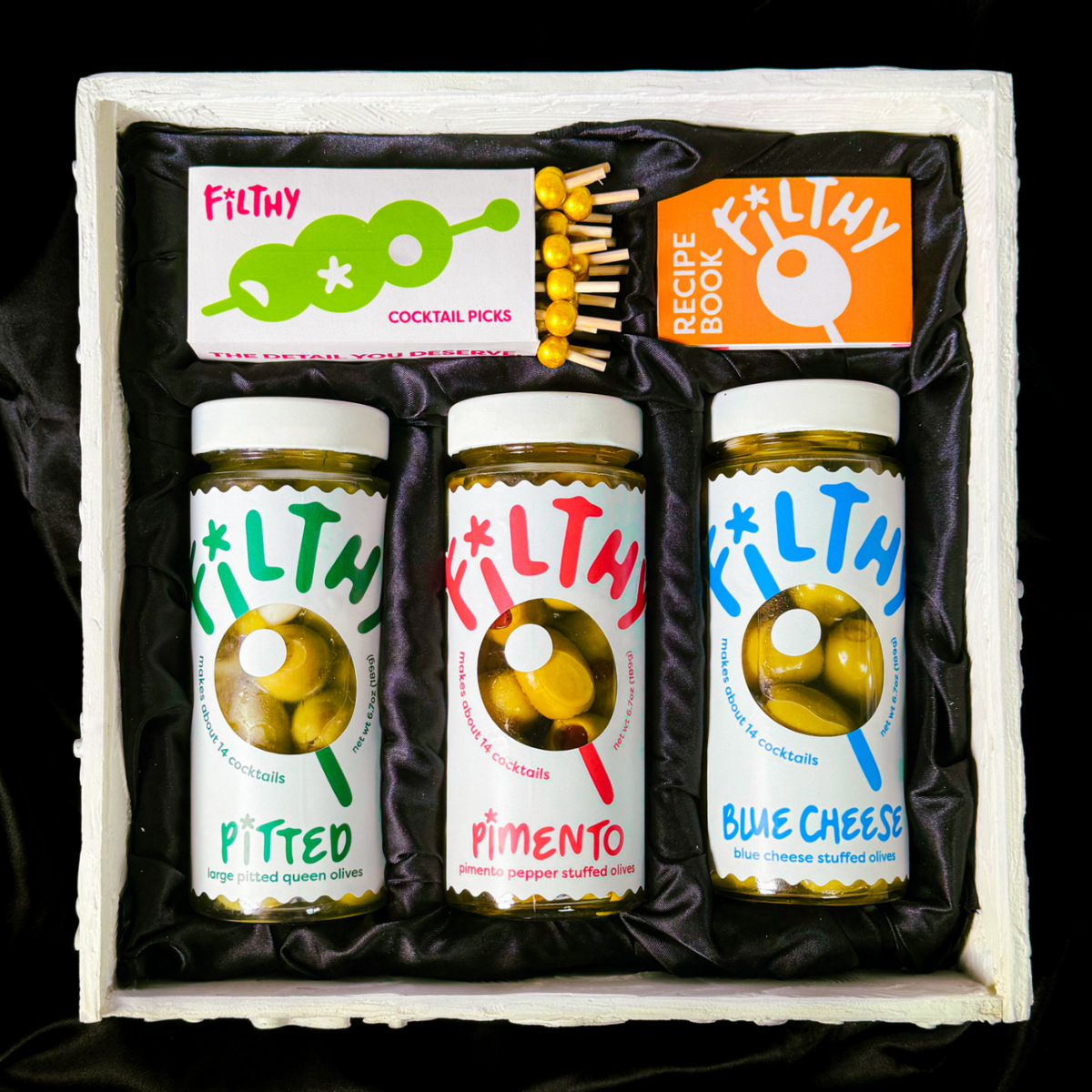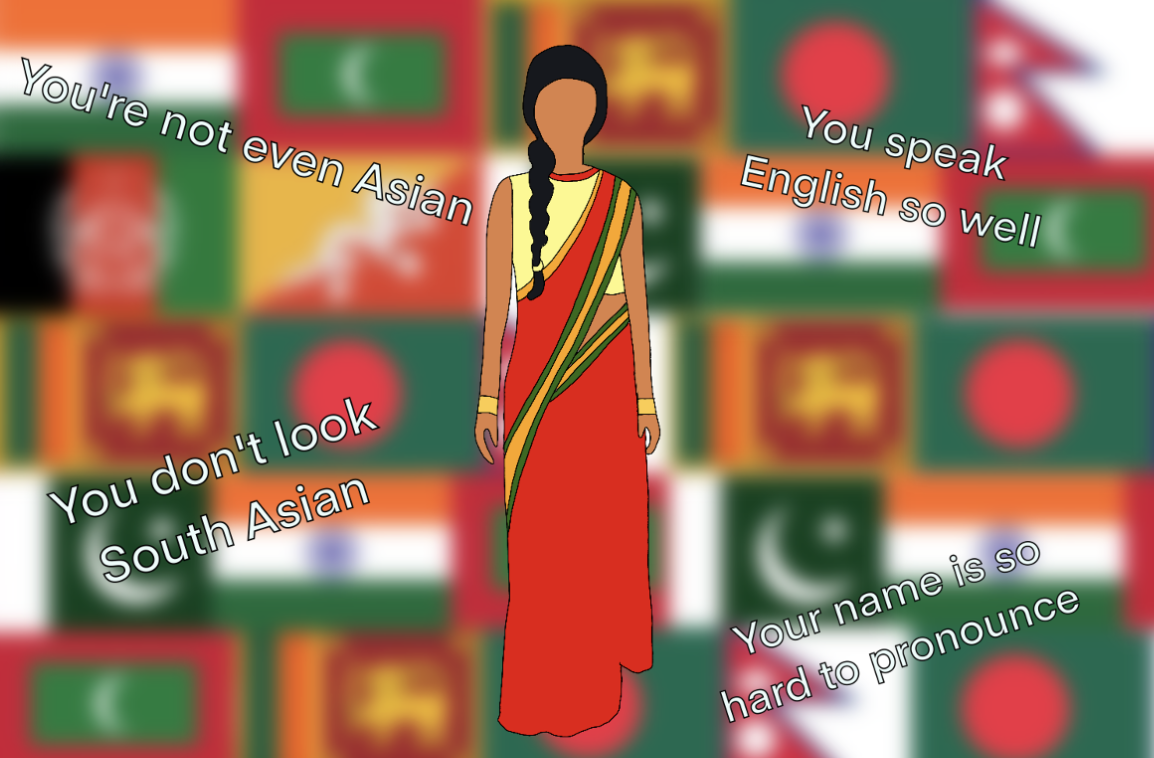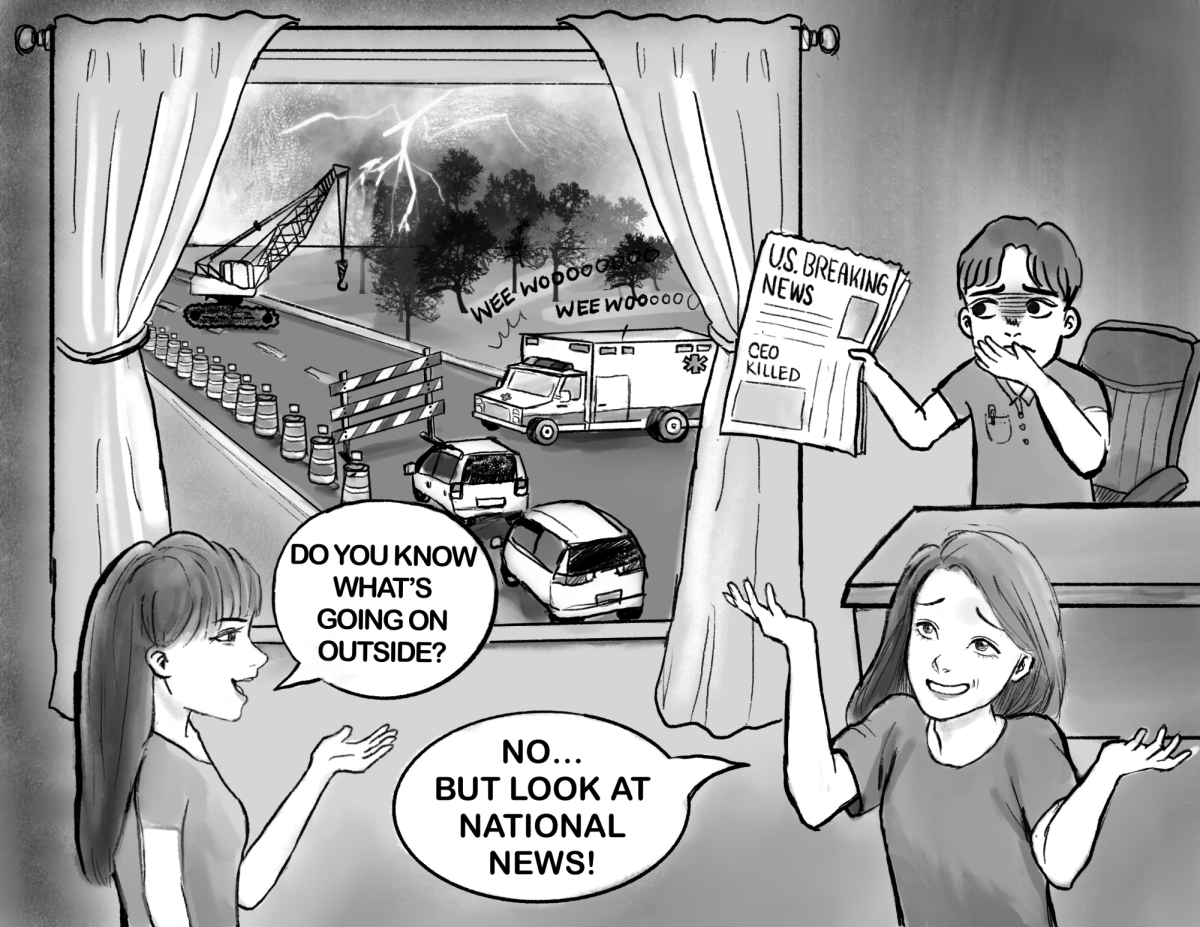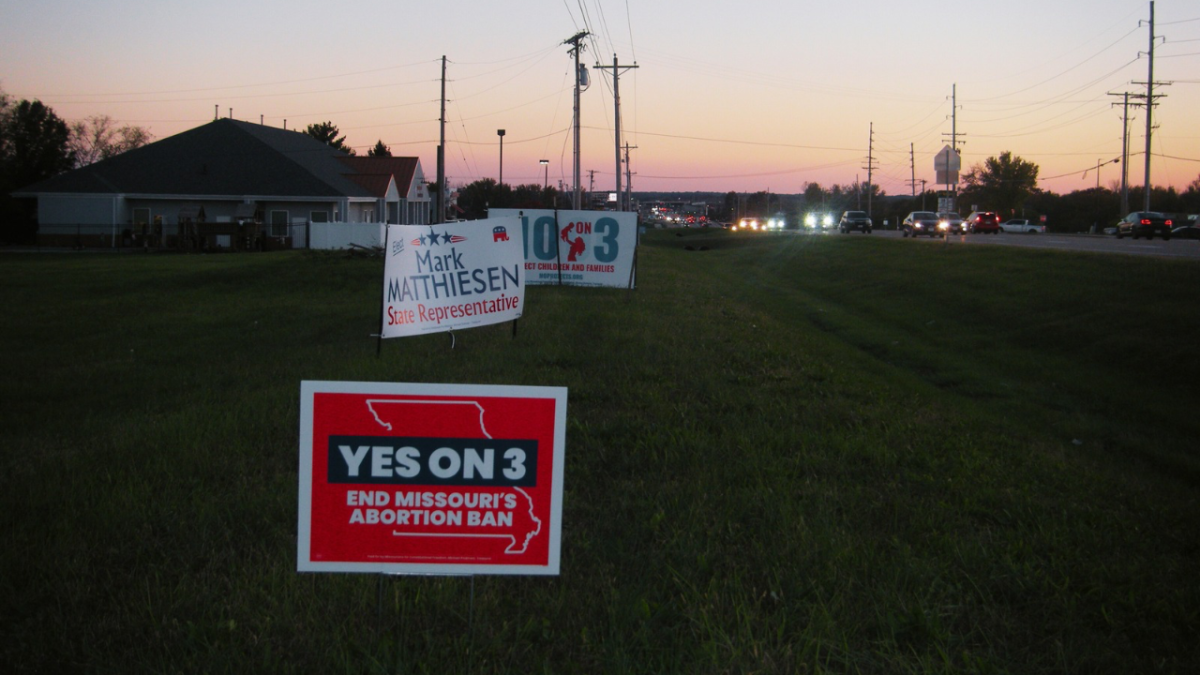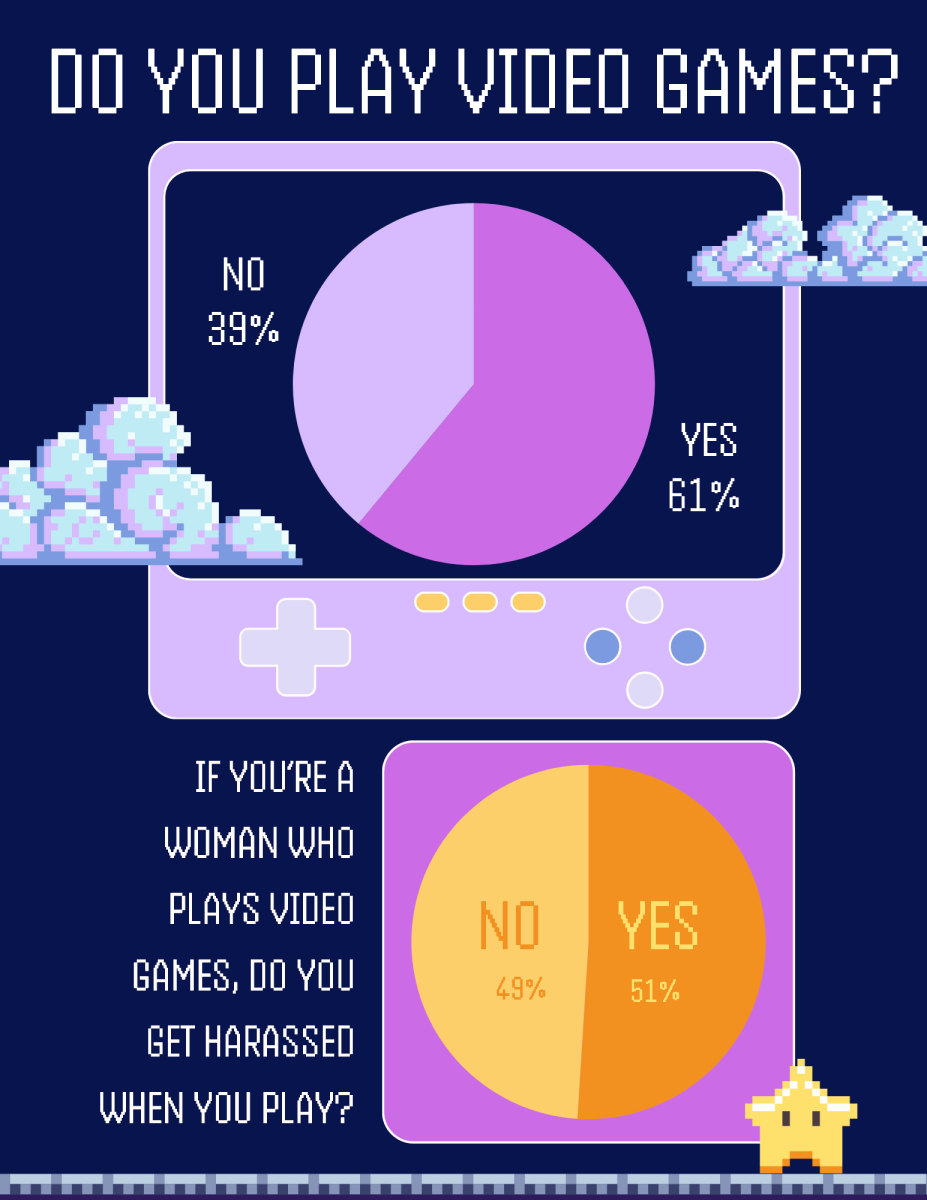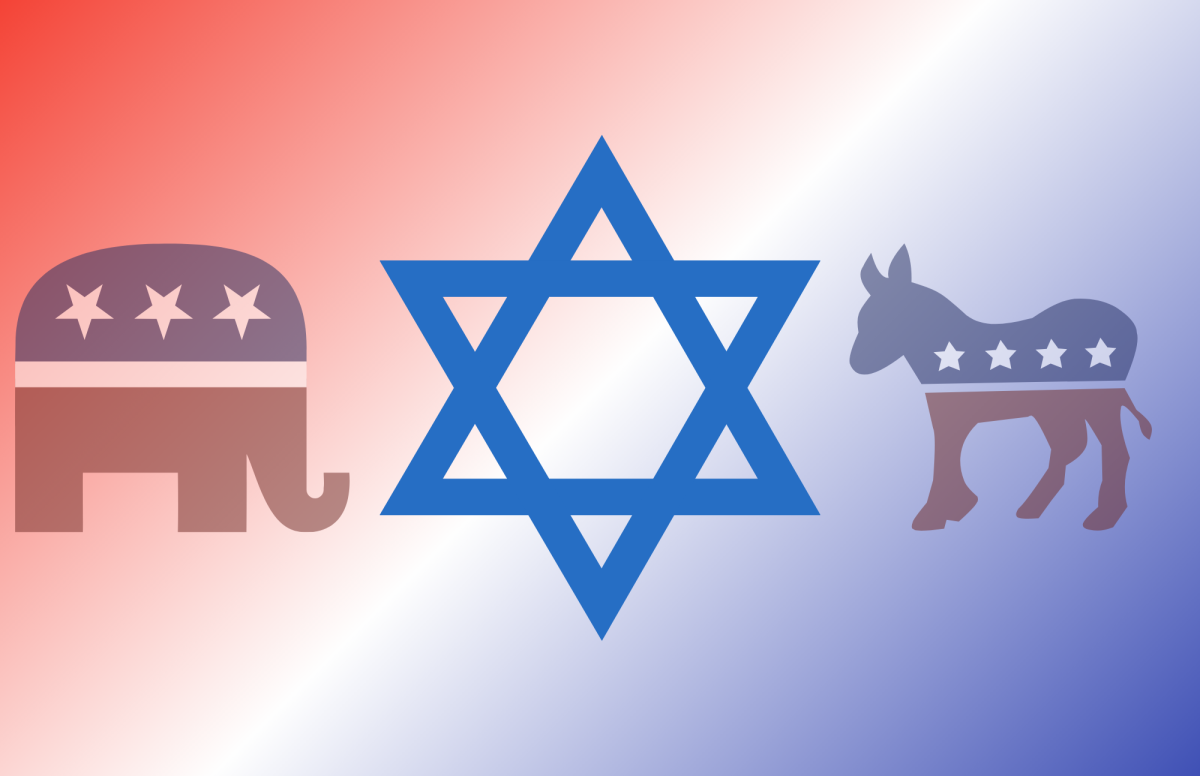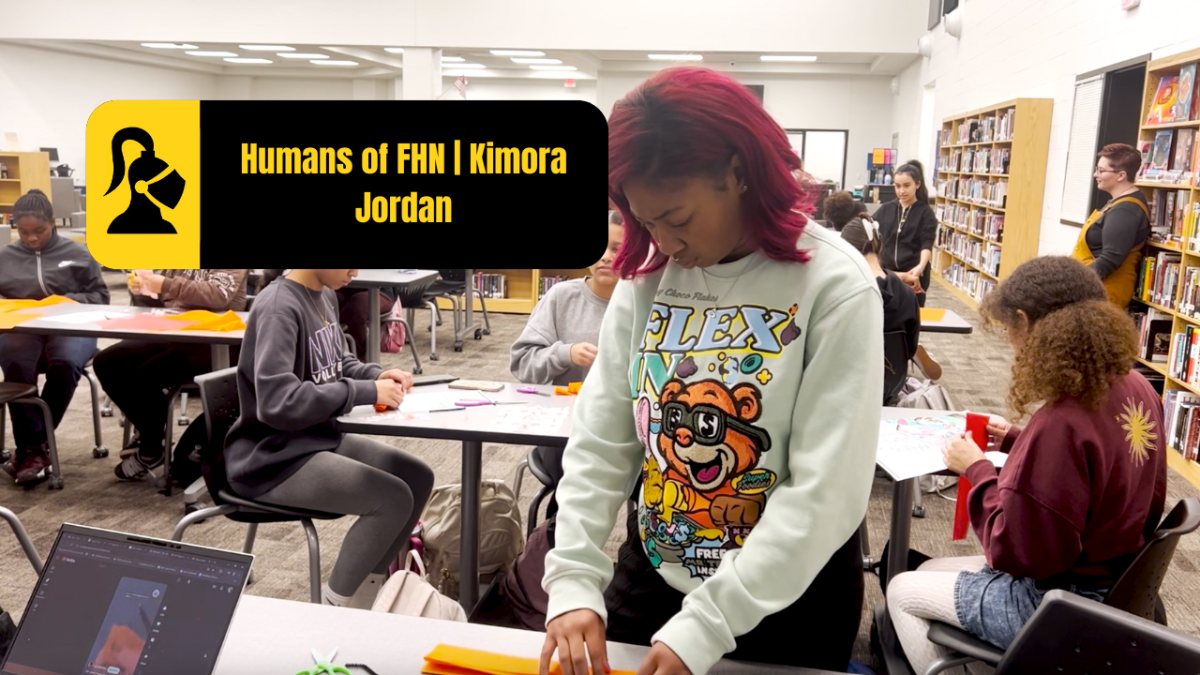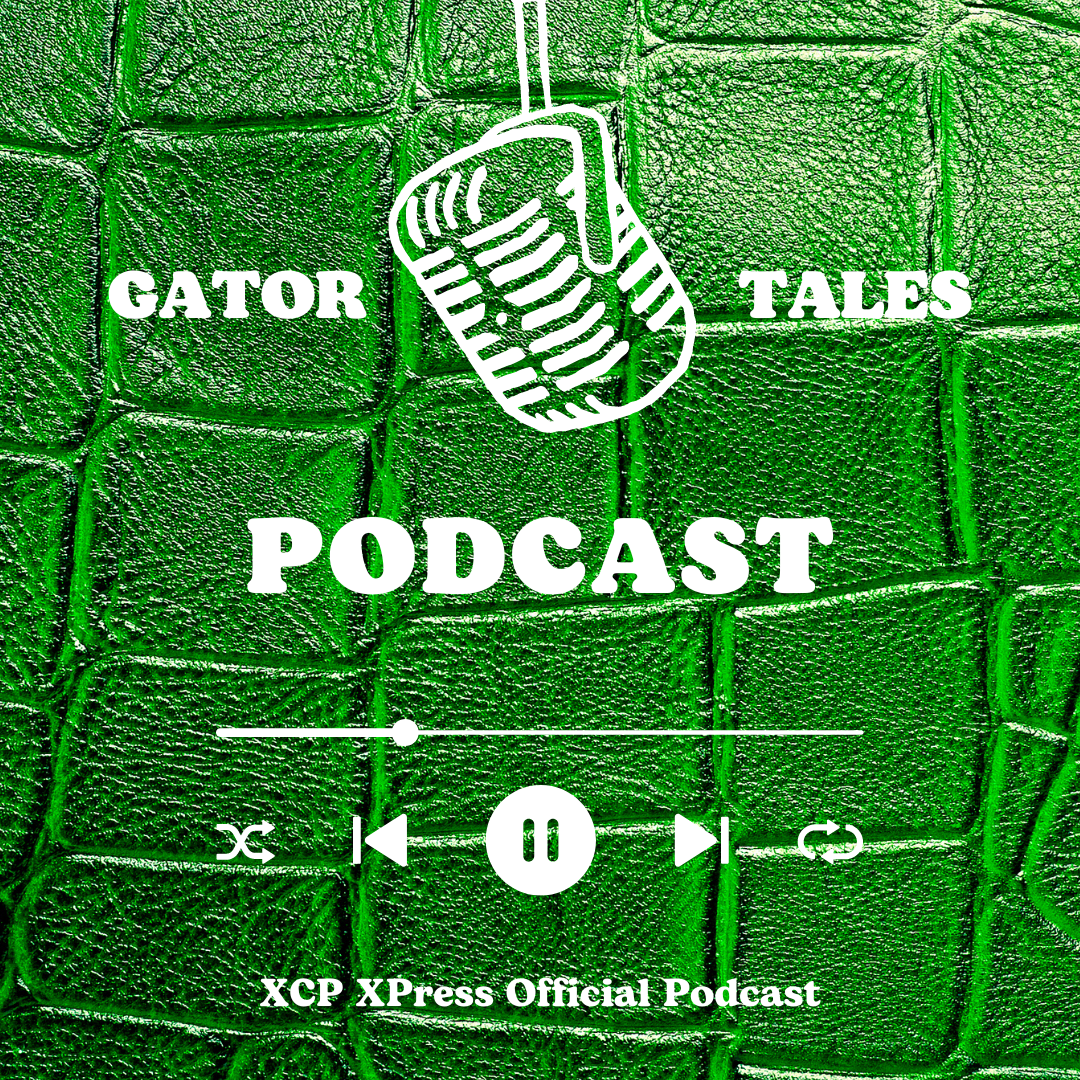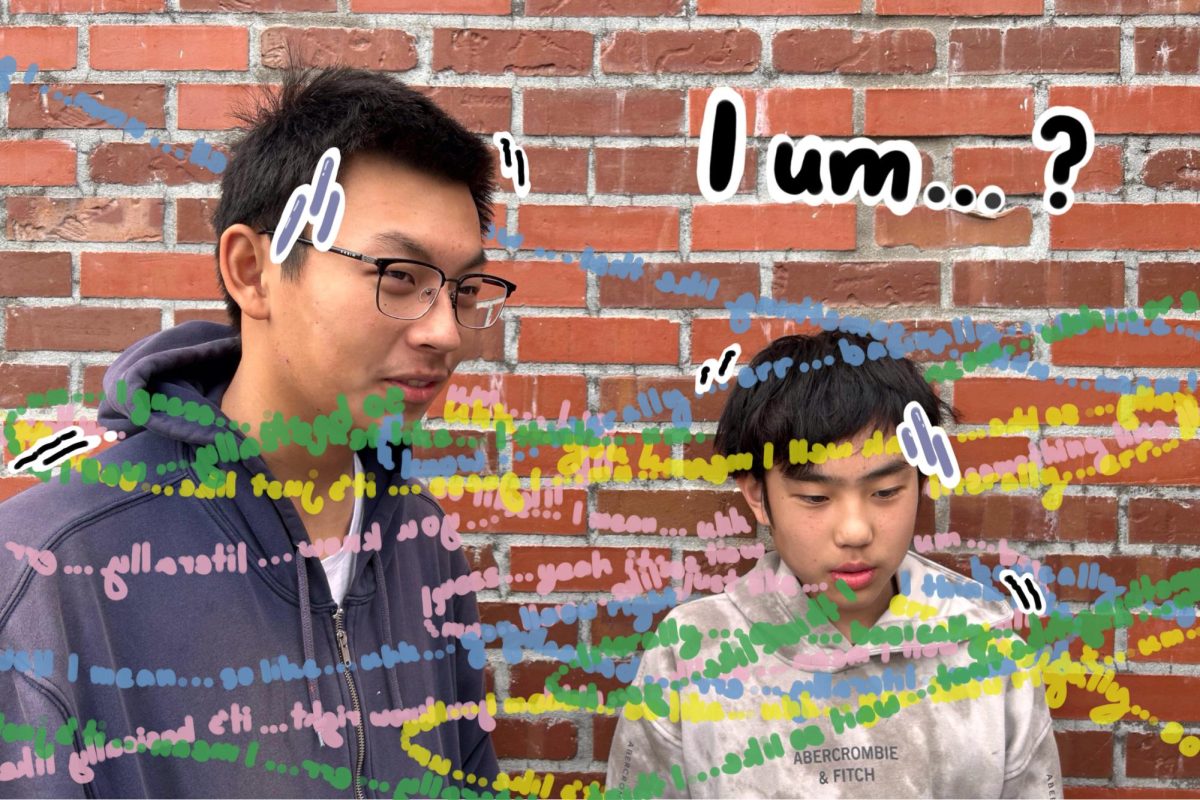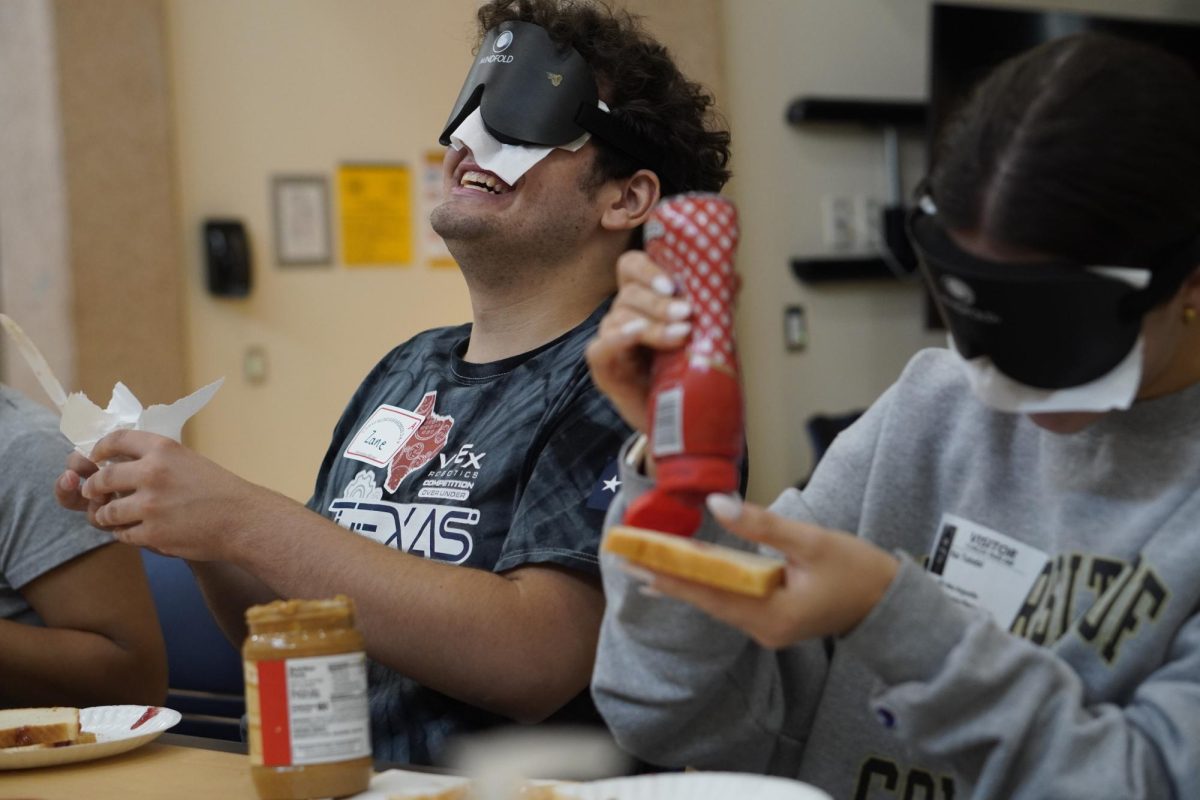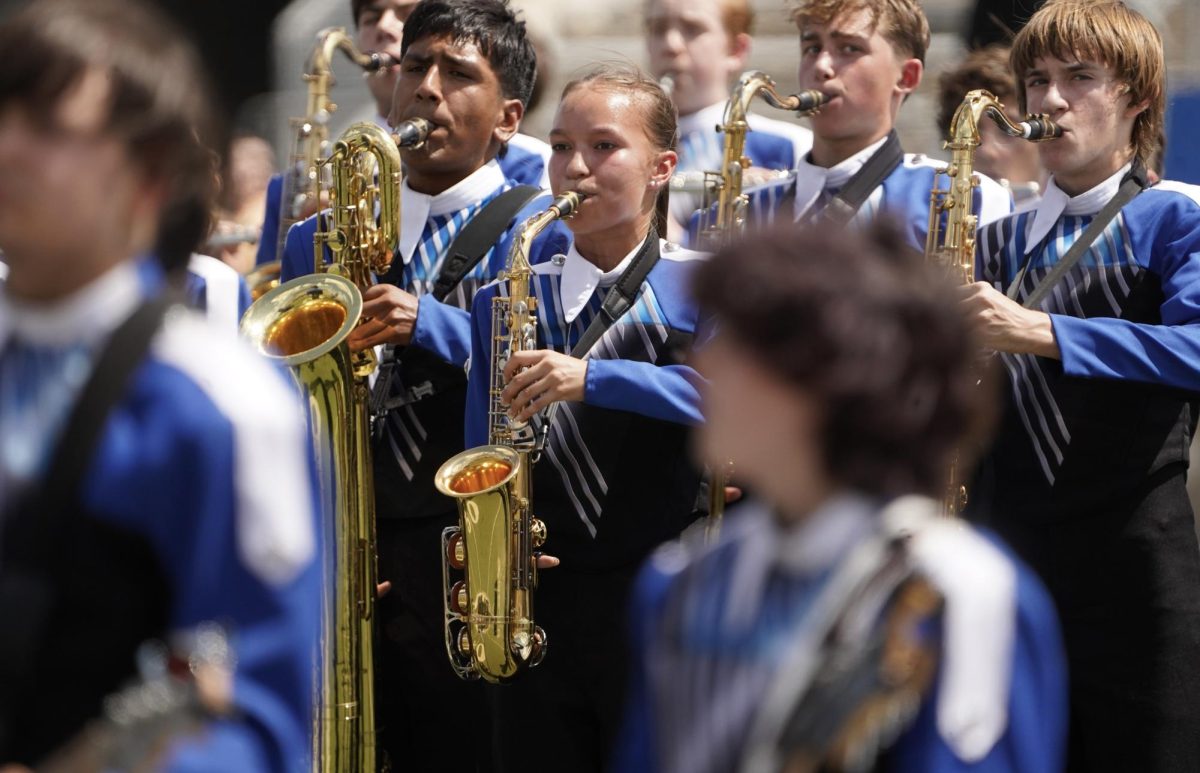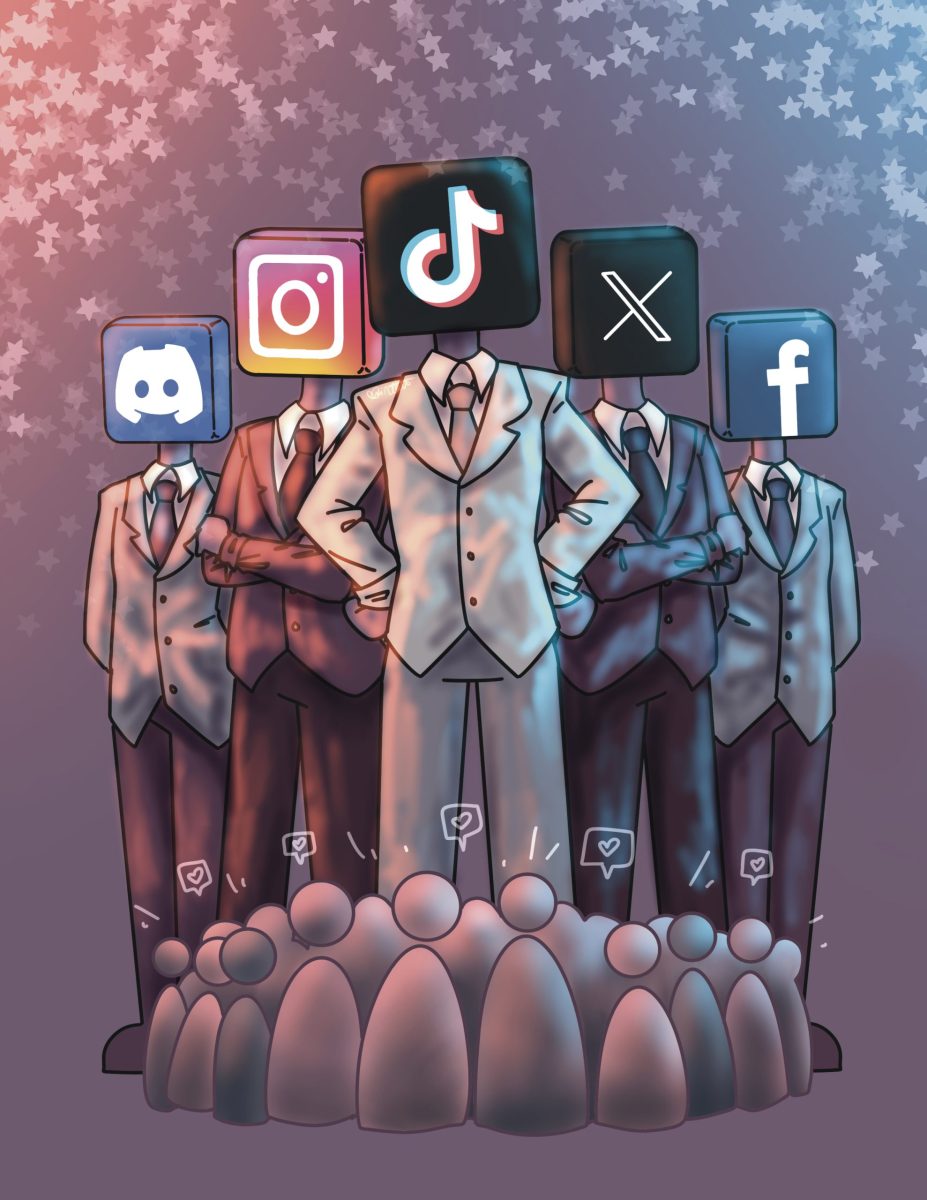I don’t use social media.
But no matter where I go, it seems that the disciples of the social media gods follow. In class, students constantly plead for others to like their stories. In the hallways, they chatter about some new viral video. At lunch, they go on rants about how great it is and how they feel bad for me.
But after checking out Tiktok, I feel bad for them instead.
Upon loading up the website, I’m instantly confronted by a slew of misinformation and unoriginal content. People spout blatantly false statements with so much assertion that one could even come to believe they are true. Videos start off with a provocative statement then mellow down shortly afterwards. Multiple “I’ll give you $1,000 if you…” videos pop up in my feed.
When did social media start prioritizing likes over truth? When did social media start endorsing posts that turn us against each other? When did the creativity of content die?
Bellaire High School isn’t the only place experiencing this phenomena. 90% of U.S. teens engage in the use of social media, where they are processed by aggressive algorithms that are tasked to do anything to keep users scrolling.
Things weren’t always this way.
When Facebook was first created in 2004, it wasn’t meant to spew copious amounts of mind-numbing content. It was meant as a way for Harvard students to connect. That’s what social media could be. A place for people to connect with others around the globe. A place where discussions are conducted with opinions from all kinds of people. A place where prejudices are broken down through shared perspectives.
But in today’s world, gone are the benevolent gods.
Remember how Facebook was created to help people connect? Once it noticed that Twitter was catching up, it followed Twitter’s model and added a retweet function.
And then TikTok arrived.
TikTok uses an extremely adept algorithm to capture users’ attention and trap them on the app. In just the span of 40 minutes, it can accurately detect your interests and find the “best” feed for you. With such tough competition, the only choices are to adapt or be left in the dust.
Facebook, for example, has chosen to adapt after losing over $230 billion in a single day because user growth stalled. It has started a new short video service called Reels and has been actively pushing for more focus on them. Twitter, now known as X, has added a new “immersive media viewer” very similar to the scrolling features of TikTok.
On the altar of the golden calf of engagement, validity, creativity and connectivity are sacrificed.
First, the gods disorient us. Fake information travels up to 10 times faster than real information on social media. This isn’t unintentional.
Misinformation has evolved to focus on evoking emotions because it works best when emotions are evoked. This causes social media sites today to feed you fake news because strong emotions, usually anger and fear, can retain viewers for longer periods of time. And once you’re trapped in the grips of the algorithm, there’s no hope of escape. The algorithm continues to feed you provocative content and sources validating your own viewpoints, perpetually trapping you in an “echo chamber.”
But these feelings don’t just apply to social media. Anger is addictive. What starts out on social media quickly enters our lives and spreads to our relationships. Family reunions degrade to shouting matches. Neighbors turn against each other. Hate takes over and love is all but forgotten.
But the gods aren’t satisfied. Next, they target our free will and creativity.
Because of how stressful and painful life is, many people turn to social media in order to escape from reality. However, a study from the University of Bath indicates that the algorithms that keep users stuck on the app suck up so much time from us that we don’t discover new passions that spark our creativity. Instead of finding something new to do while we’re bored, we instead turn to social media for a quick fix. Reduction of creativity is nowhere more evident than on social media itself.
Trends are a prime example. Instead of generating new content, users simply copy an already successful idea and use it themselves. Something that would be seen as blatant plagiarism in other settings is applauded and rewarded with likes on social media. A commonly known trend is the Mr. Beast effect in which YouTubers copy YouTuber Jimmy Donaldson in an attempt to gain subscribers and go viral. These videos range from the aforementioned “$1,000” videos to “I survived 24 Hours in…” videos, and many of the channels who follow these trends are successful.
And to finish us off, the gods cut off our ties.
New short form video based social media platforms such as TikTok garner many users because they don’t require much from the user. This type of content doesn’t require you to have family members or friends already using the platform so that you can connect with them.
In fact, social media has actually caused us to become less social and more lonely. The more time we spend on the platforms, the less time we spend with our friends in real life. And with the rise of short videos as the dominant social platforms, there is even less connectivity online.
Trapped in the wrath of the social media gods, we turn inwards and become obsessed with social media. Everyday I see people more frantic about their likes than their friends around them. Everyday I see people more concerned with popular trends than events occurring at our school. Everyday I see people trapped by social media, unable to break free.
That’s why, instead of participating in social media, I’ve stuck to texting my friends and utilizing Discord to hold small group chats.
But one day, I hope for a new platform where I feel comfortable joining. A platform where people engage in active com’[]munication and build off of each other. A platform where I won’t have to worry if a source is true because false information is heavily cracked down upon. A platform that facilitates free thinking instead of deterring it.
A platform where the social is put back in social media.
This story was originally published on Three Penny Press on April 3, 2024.

